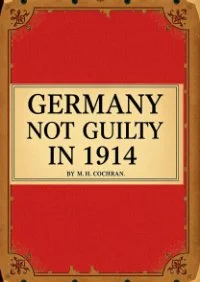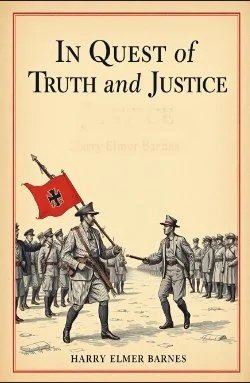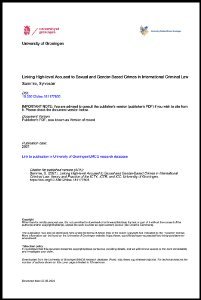By M. H. Cochran (Author), Colin Heston (Introduction)
Michael H. Cochran’s Germany Not Guilty in 1914, published in 1931, stands as a provocative and revisionist challenge to the dominant narrative of German culpability for the outbreak of World War I. Written in response to Bernadotte Schmitt’s influential The Coming of the War, Cochran’s book offers a meticulous critique of the “war guilt” thesis enshrined in the Treaty of Versailles, which placed sole responsibility for the war on Germany. With a foreword by Harry Elmer Barnes and later commentary by Henry Adams, the book is deeply embedded in the interwar historiographical debates that questioned the moral and political foundations of postwar peace settlements.
Published during a period of growing disillusionment with the Versailles Treaty and rising revisionist sentiment in the United States and Europe, Cochran’s work was part of a broader intellectual movement that sought to rehabilitate Germany’s image and challenge the punitive postwar order. While not universally accepted, the book found an audience among scholars and political thinkers who viewed the war guilt clause as unjust and historically flawed. Its reception was mixed—praised for its rigor and boldness, but criticized for its perceived apologetics and selective use of evidence.
In 2025, Germany Not Guilty in 1914 remains relevant not only as a historical artifact but as a lens through which to examine the politics of blame, the construction of historical narratives, and the enduring consequences of diplomatic failure. The evolution from “guilt” to “responsibility” reflects broader changes in how societies understand conflict, justice, and reconciliation. As international law and historical memory continue to intersect—especially in debates over reparations, war crimes, and collective trauma—Cochran’s challenge to the Versailles narrative invites reflection on how history is written, who writes it, and to what ends.
Read-Me.Org Inc. New York-Philadelphia-Australia. 2025. p.166.





